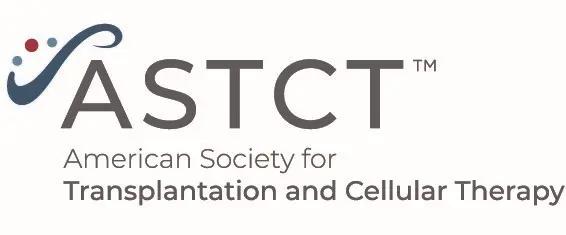Targeting axonal guidance dependencies in glioblastoma with ROBO1 CAR T cells
Researchers at SickKids Hospital and McMaster University have developed a novel CAR T-cell therapy targeting ROBO1 for the treatment of recurrent glioblastoma.
Researchers at SickKids Hospital and McMaster University have developed a novel CAR T-cell therapy targeting ROBO1 for the treatment of recurrent glioblastoma.

Researchers at SickKids Hospital and McMaster University have developed a novel chimeric antigen receptor (CAR) T-cell therapy targeting ROBO1, a protein involved in axonal guidance, for the treatment of recurrent glioblastoma (rGBM). This study demonstrated that ROBO1-targeted CAR T cells doubled survival rates in preclinical mouse models of rGBM and showed potent anti-tumor effects in both lung-to-brain metastases and relapsed pediatric medulloblastoma. These findings highlight the potential of ROBO1 as a therapeutic target for highly invasive brain cancers, providing a promising new avenue for treatment-resistant tumors.
To date, rGBM has a poor prognosis and remains incurable with standard therapies such as chemotherapy and radiation. Previous studies have identified the ROBO1 signaling pathway as a key in tumor invasion and recurrence, especially in GBM. Therefore, researchers employed a range of genomic, transcriptomic, and proteomic analyses to pinpoint vulnerabilities in recurrent tumors. They identified PTP4A2, which modulates the ROBO1 pathway, as a critical regulator of tumor growth. To overcome the challenge of poor blood-brain barrier penetration with small molecule inhibitors, the team developed a second-generation CAR T-cell therapy that specifically targets ROBO1.
In mouse models, one dose of ROBO1 CAR T cells led to the eradication of tumors in 50–100% of mice with rGBM, medulloblastoma, or brain metastases. Additionally, ROBO1 CAR T cells induced high levels of tumor cell lysis and immune activation, as demonstrated by increased levels of the activation markers CD25 and CD69 and cytokines such as IFNγ and TNFα. These results suggest that ROBO1-targeted CAR T cells could be an effective therapeutic approach for a range of invasive brain cancers, though further clinical studies are needed to confirm these findings in human patients.
Reference
Chokshi CR, Shaikh MV, Brakel B, et al. Targeting axonal guidance dependencies in glioblastoma with ROBO1 CAR T cells. Nat Med. Published online August 2, 2024. http://doi.org/10.1038/s41591-024-03138-9